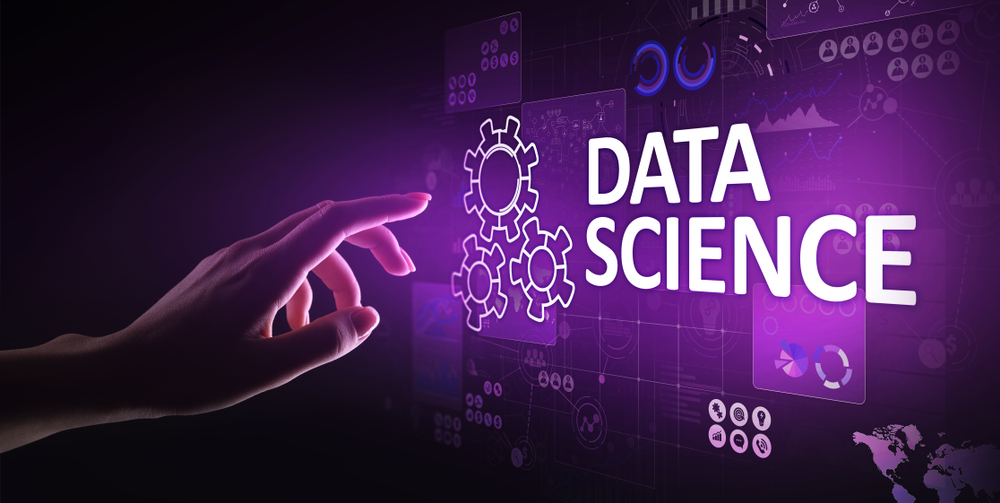Master Data Science Training to Boost Your Career

In today’s digital world, Data Science Training is in high demand. Organizations require professionals who understand data analytics, machine learning, and big data. Whether you’re switching careers or upskilling, now is the best time to learn data science.
What is Data Science Training?
Data science training involves learning tools, methods, and technologies to analyze data. It covers machine learning, data visualization, Python programming, and data modeling. A comprehensive data science course equips you with real-world skills.
These skills allow you to solve business problems, predict trends, and make data-driven decisions. Moreover, data science certifications often include hands-on projects, increasing your job readiness.
Why Choose Data Science as a Career?
The data science field is rapidly growing across industries like healthcare, finance, and marketing. With AI and automation evolving, skilled data scientists are more important than ever. According to global trends, data science roles offer high salaries and growth.
Notably, companies value candidates with structured data science training programs. They prefer applicants who understand data mining, predictive analytics, and data storytelling.
What Will You Learn in Data Science Training?
Most data science training courses follow a comprehensive, structured curriculum. Here’s what you typically learn:
-
Python or R Programming for data manipulation
-
Statistics and probability for data analysis
-
Machine Learning algorithms like regression, clustering, and classification
-
Big data tools like Hadoop and Spark
-
Data visualization using Tableau or Power BI
-
SQL and NoSQL databases
Additionally, some programs include capstone projects or real-time case studies. These are helpful for applying your skills in real-world scenarios.
Online vs Offline Data Science Course
An online data science course provides flexibility for working professionals and students alike.
You can learn at your own pace using pre-recorded videos and interactive sessions.
Conversely, an offline data science course offers in-person guidance and networking opportunities.
However, both options cover essential topics such as AI, data modeling, and analytics.
Best Platforms for Online Data Science Training
There are several platforms offering flexible, industry-aligned data science training online:
-
Coursera – Offers certifications from top universities
-
Udemy – Affordable data science training for beginners
-
edX – Learn from MIT, Harvard, and other top institutions
-
DataCamp – Interactive learning for coding and data science
-
Simplilearn – Focuses on job-ready skills and career paths
Most of these courses are self-paced or instructor-led with certificates upon completion.
Who Should Enroll in Data Science Training?
This training is ideal for:
-
Beginners looking for a new career in data
-
Analysts wanting to upgrade their technical skills
-
Software developers aiming to switch to machine learning roles
-
Business professionals wishing to improve decision-making through data
-
Graduates who want to enter tech or analytics
Importantly, no strong coding background is required for many beginner-level data science training courses.
Benefits of Data Science Training
There are numerous advantages to completing data science training:
-
High salary potential: Data scientists earn above-average income
-
Job security: High demand ensures stable career growth
-
Remote work options: Most data jobs offer flexibility
-
Transferable skills: Applicable across multiple industries
-
Global opportunities: Skills recognized across borders
Additionally, certified data science professionals often get preference during hiring.
How to Choose the Right Data Science Course?
Before enrolling, consider these tips to choose the best data science course:
-
Check curriculum: Ensure it includes key topics like Python, ML, and big data.
-
Read reviews: See what past students have experienced.
-
Evaluate certification value: Reputed platforms often boost your resume.
-
Assess time commitment: Choose full-time or part-time based on availability.
-
Look for mentorship: Some courses offer 1-on-1 mentorship or peer support.
A good data science training program should offer practical learning, not just theory.
How Long Does It Take to Learn Data Science?
Depending on the course and your background, it can take 3 to 12 months.
If you’re a beginner, start with basic data science training online. Dedicate consistent weekly hours to practice coding and algorithms.
More advanced learners can complete intensive bootcamps in 8 to 16 weeks.
Common Tools You’ll Use During Training
Most data science programs use real tools from industry, including:
- Jupyter Notebooks
- Pandas and NumPy
- Scikit-learn
- TensorFlow or PyTorch
- Power BI / Tableau
- MySQL or MongoDB
Mastering these tools makes your profile more competitive in job applications.
Final Thoughts: Is Data Science Training Worth It?
Absolutely! Whether you’re a student or working professional, data science training can elevate your career. With the rising need for data-driven insights, every company seeks skilled data analysts, ML engineers, or data scientists.
By investing time in a certified data science course, you open doors to endless possibilities. So don’t wait—start your journey in data science today.
Key Takeaways:
- Data science training builds essential skills for future jobs
- Courses cover Python, ML, data analysis, and big data
- Choose platforms like Coursera, edX, and DataCamp
- Gain hands-on experience through projects and certification
- Start today to become a data science professional in months





